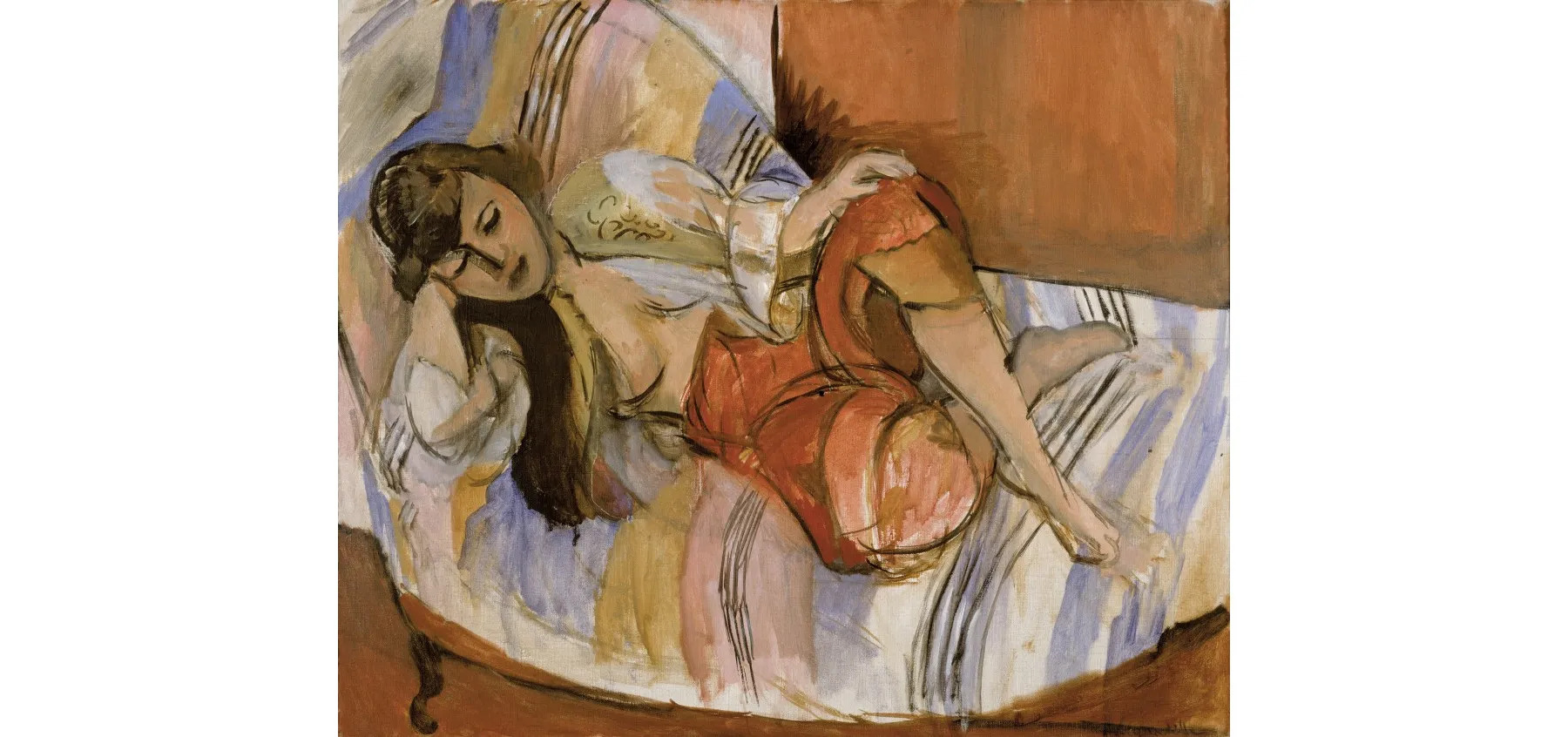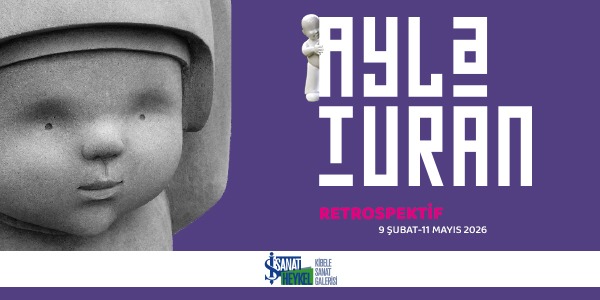On June 25, Stedelijk Museum announced that the Dutch Restitutions Committee had issued binding advice regarding the restitution of Matisse’s “Odalisque” (1920/21) to Albert Stern’s legal heirs. The committee concluded, “it is sufficiently plausible that the sale of the painting was connected to the measures taken by the occupying forces against Jewish members of the population and arose from a desire for self-preservation.”
The Commission for Looted Art in Europe represented Stern’s heirs. The organization said that the investigation it conducted “conclusively demonstrated that the family was subjected to persecution from 1933 onwards, first in Germany where they lived and then from 1937 in the Netherlands where they had fled and where they were gradually stripped of their possessions and their livelihood. They made several unsuccessful efforts to escape and eventually were forced to sell their remaining possessions to try to survive.”
Before the Nazis came to power, Stern had a highly successful career as a textile manufacturer in Germany, particularly in retail sales and the export of ready-to-wear women’s clothing.
Before their marriage, Albert’s wife Marie had studied art and painting and was in charge of the couple’s modern and contemporary art collection.
According to the statement from the Commission for Looted Art in Europe, the Nazis took Stern’s business, its building, the family’s home, their possessions, and most of their assets, forcing him and his family into exile. The Matisse painting was sold to the Stedelijk Museum as part of the family’s final attempts to escape Europe in 1941.
Since then, “Odalisque” had been part of the Stedelijk Museum’s collection, owned by the Municipality of the City of Amsterdam.
The museum stated that Stern and his family suffered persecution due to their Jewish background, and they were “gradually stripped of their possessions and means of livelihood.” The family, formerly living in Berlin, relocated to the Netherlands between 1936 and 1937.
Albert Stern and his wife were eventually sent to separate concentration camps. Albert passed away in January 1945 at Laufen. Marie survived and immigrated to the United Kingdom following World War II.
“The return of the Matisse is a moving and overwhelming moment for us all,” the Stern heirs said in a statement, calling the decision “symbolic justice” for Albert. “Our grandparents loved art and music and theater, it was the center of their lives. In the few years we had with our grandmother after the war, she transmitted that love to us, and it has enriched our lives ever since.”
Rein Wolfs, director of the Stedelijk Museum Amsterdam, stated in a press release that questions about the Matisse painting’s ownership had arisen following the museum’s research on its collection during the war period in 2013. He described the restitution as a positive advancement.









